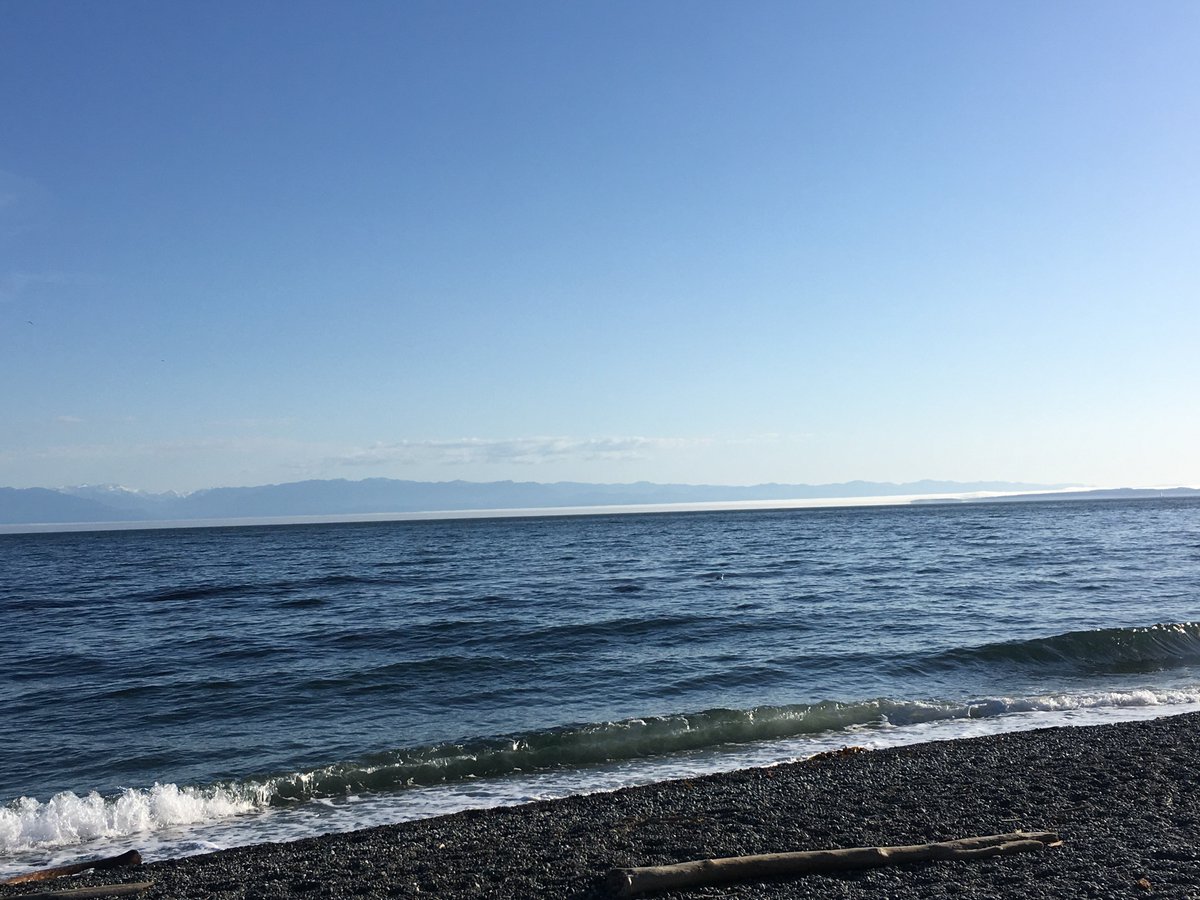
Thread on climate change, infrastructure, resilience.
1/10 I oppose new fossil fuel infrastructure, old-growth logging and other things that we know are bad for the climate. The main excuse given for these things is a simple: we need them for jobs and the economy.
1/10 I oppose new fossil fuel infrastructure, old-growth logging and other things that we know are bad for the climate. The main excuse given for these things is a simple: we need them for jobs and the economy.
2/10 But with this week’s #BCFloods we’re getting a tiny taste of what the climate crisis that these things cause will bring.
We’ve stacked the deck in favour of these disasters, and now the cards are starting to be dealt.
We’ve stacked the deck in favour of these disasters, and now the cards are starting to be dealt.
3/10 The key piece here is that the climate fight is not about whether these events will keep happening. It’s too late for that. They will.
We’re fighting over whether the frequency and intensity of these disasters remains within our capacity to manage and respond to or not.
We’re fighting over whether the frequency and intensity of these disasters remains within our capacity to manage and respond to or not.
4/10 I live about 40km outside the main city in the region (Victoria, BC).
The #BCFloods severely damaged the only road into the region, the Malahat
(TransCanada hwy 1).
It’s now closed 12 hours per day, open 1 lane alternating the other 12. The 45 min drive now takes 3 hours.
The #BCFloods severely damaged the only road into the region, the Malahat
(TransCanada hwy 1).
It’s now closed 12 hours per day, open 1 lane alternating the other 12. The 45 min drive now takes 3 hours.
5/10 A commute thousands rely on has gone from 1.5 hours return to 6 hours return. This isn’t tenable. This isn’t how we maintain “jobs and the economy.”
Solving dilemmas like this is our future. This uncertainty is our future. I don’t think we’ve got our heads around that yet.
Solving dilemmas like this is our future. This uncertainty is our future. I don’t think we’ve got our heads around that yet.
6/10 Our governments should be building resilience and planning to overcome situations like this. This requires war time-level effort and investment.
Instead, they’re still wasting time and money on the things that, again, will ensure these disasters get worse/more frequent.
Instead, they’re still wasting time and money on the things that, again, will ensure these disasters get worse/more frequent.
7/10 The argument that we can’t radically transform our economic paradigm because it’s too costly and inconvenient should be laughed at for the nonsense it is.
The costs and inconvenience of runaway climate change are way, way higher.
The costs and inconvenience of runaway climate change are way, way higher.
8/10 We need to let go of the childish fantasy that there are inexpensive, non-disruptive options available to us. Maybe if we started 30 or 40 years ago, but not now.
We can move jobs + the economy around to fit within nature’s limits, or nature will move us around on her own.
We can move jobs + the economy around to fit within nature’s limits, or nature will move us around on her own.
9/10 Our choices are to make costly, disruptive changes that we are mostly in control of right now, or to react to more costly, more disruptive changes that we aren’t in control of later (probably sooner than we thought).
10/10 The barriers we face now are political norms + economic rules that we can change.
The barriers we’ll face later (again, sooner than we thought) are the laws of physics, that we can’t.
I don’t have a wise closing here. We need to grow up and get our shit together on this.
The barriers we’ll face later (again, sooner than we thought) are the laws of physics, that we can’t.
I don’t have a wise closing here. We need to grow up and get our shit together on this.
• • •
Missing some Tweet in this thread? You can try to
force a refresh






